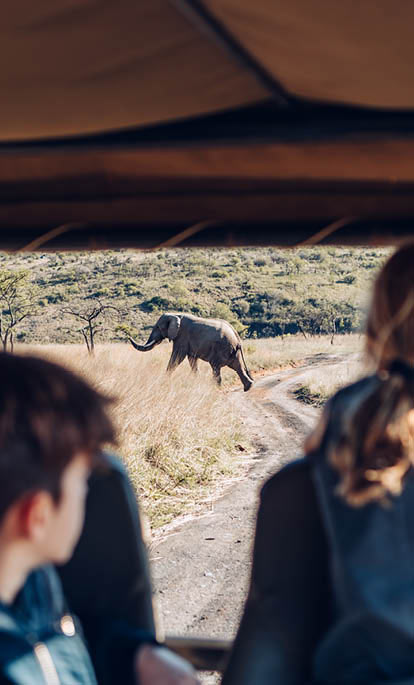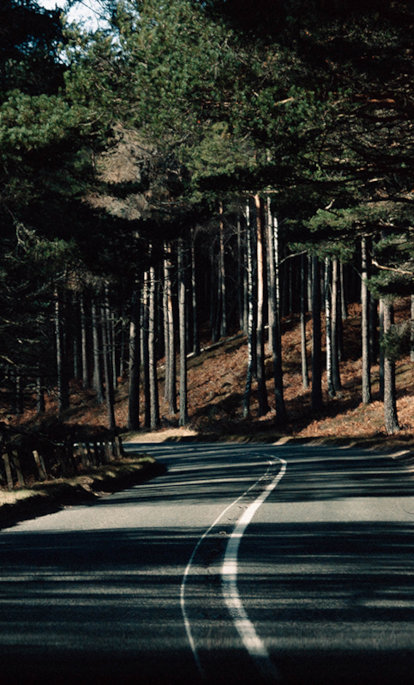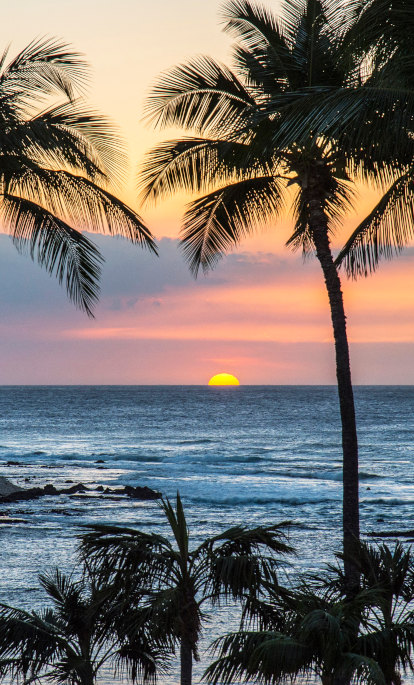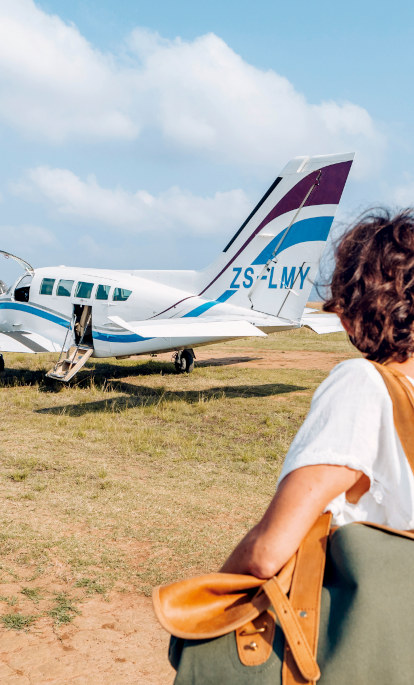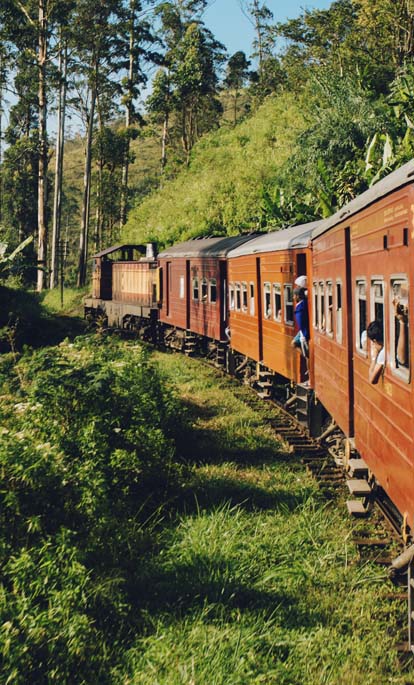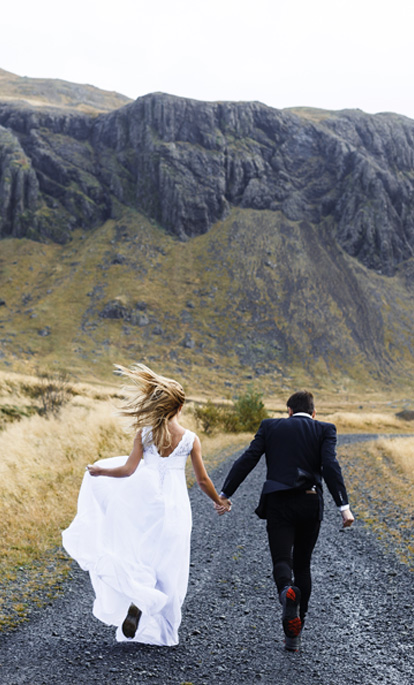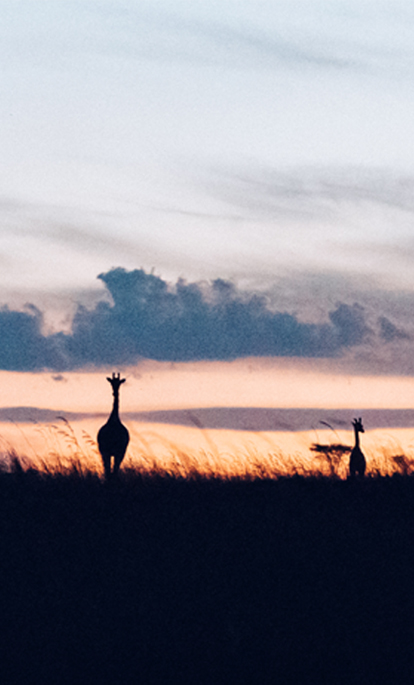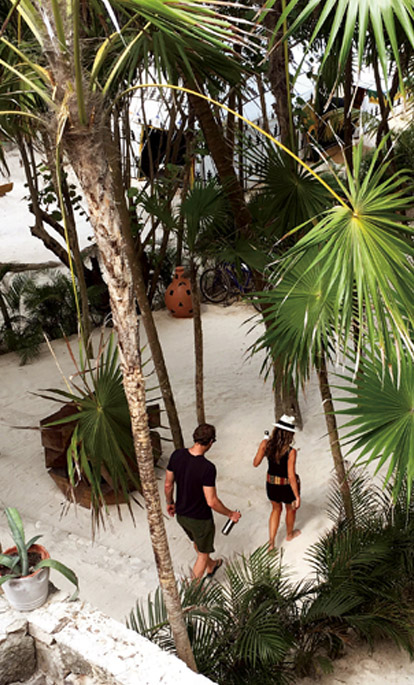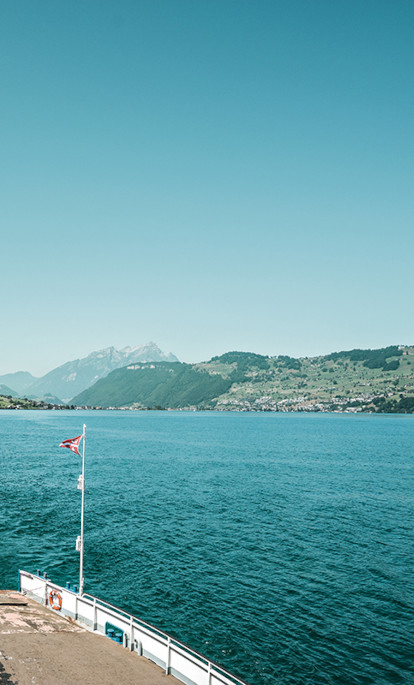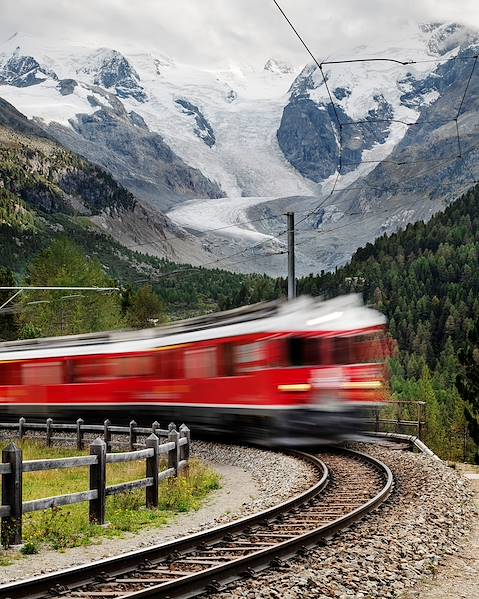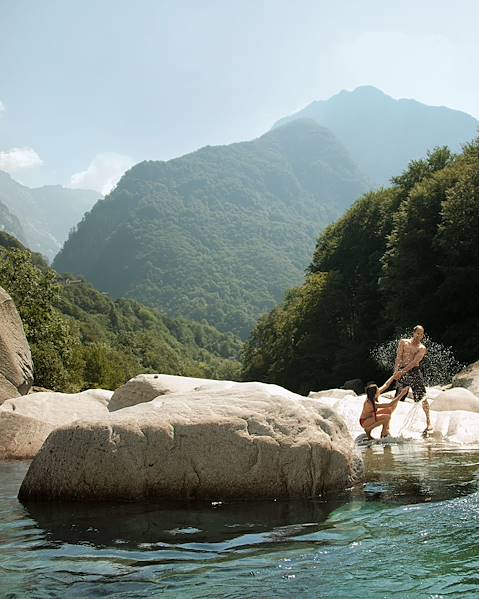Switzerland. The land of cheese, chocolate and alpine mountain ranges. What more could you want? This often snow-capped country is brimming with vast wilderness, wacky traditional festivals and food so delicious you may have to roll onto the plane home. Hike through wildflowers in the Alps, dine on delicious cheese fondue and crusty bread, followed by a day spent exploring and shopping in Zermatt. Switzerland has so much to offer, so here are some things to know before travelling to this European gem…
Climate and Weather in Switzerland
Switzerland boasts a moderate climate with four distinct seasons. Many people head to Switzerland’s slopes during the winter season (December to February) with temperatures hitting a very chilly -2°C, but come spring (March to May), the hillsides turn a stunning shade of green and wildflowers begin to appear. Summer is also a gloriously green affair, perfect for biking, hiking and sightseeing, and temperatures often flirt with the 30s. Meanwhile, Autumn is mild and dry, ideal for boat trips and languid lunches. Zurich, the largest city in Switzerland, is nestled in the north of the country. It is often rainy and quite chilly, so bundling up in warm weather clothes is a must. Geneva is slightly toastier but often has unpredictable weather due to its mountainous surroundings and Bern, the capital city, has a mixture of all the country’s climates with ideal skiing conditions but also warm, slightly soggy summers.
Food and Drink in Switzerland
Food in Switzerland is heavily influenced by French, German and Italian cuisines (which is by no means a bad thing). Of course, Swiss cheese is a famous staple, alongside Swiss chocolate and fondue which draw tourists in from far and wide. Cheese fondue is arguably Switzerland’s national dish and is a particular speciality in the French-speaking areas. There are many different variations including a half and half combination of Gruyère and Vacherin Fribourgeois cheese or even Gruyère and Emmental. Dunk warm crusty bread or chunks of boiled potato into the silky liquid cheese for the ultimate indulgence. Chocolate is of course one of Switzerland’s more transportable delicacies, making for truly tasty souvenirs and snacks on the go. All chocolate was dark and bitter until 1875, but now Swiss chocolate is smooth, melty and delicious. Switzerland is also famed for its hand-filled luxury chocolates for special occasions including chocolate-covered chestnuts and chocolate bears, a Bernese speciality. If you are travelling round the country, it is worth looking out for some regional specialities. Bern is also famed for hefty piles of cold and hot meat served with beans and Sauerkraut. Zurich is known for diced veal in a creamy mushroom sauce while to the west, St Gallen’s pale, milky veal sausages are renowned.
Language in Switzerland
Switzerland has four official languages: German, French, Italian and Romansh. German is spoken in the northern, eastern and central parts of the country and is used by about 60% of the population, making it the primary language in Switzerland. Swiss French is the second most popular language and is spoken mostly in western Switzerland. There is very little difference between Swiss French and French itself. Italian, or Lombard, is spoken in the canton of Ticino and the southern part of Graubünden. Romansh has the fewest speakers but is packed full of history and is also spoken in the Graubünden canton. English is widely taught in Switzerland so you should be just fine getting by in the larger towns and cities. If you venture to little villages, it may be a little trickier.
Health and Safety in Switzerland
The crime rates are low in Switzerland, however theft is more common in larger cities and at Geneva airport, so it is recommended that visitors take sensible precautions to avoid mugging, bag snatching and pickpocketing and do not leave valuables unattended. Make sure to get a UK Global Health Insurance Card (GHIC) to get state-provided, medically necessary healthcare at a reduced cost (or sometimes even free). Hiking, mountaineering and other adrenaline-fuelled adventure sports are becoming increasingly popular in Switzerland, meaning there are more and more incidents where visitors get into difficulty. Ensure you check the weather conditions before venturing out and be sure to arrange travel insurance. There is also an increased risk of tick bites from April to October.
Things to do in Switzerland
Skiing is obviously up there with one of the best things to do in Switzerland. With seemingly endless snow-covered slopes and the Matterhorn looming overhead, you will have an adrenaline-packed adventure cruising down the hillsides. Switzerland is also brimming with culture and traditions and its cantons are the place to start. Try out masked piping at Basler Fasnacht, if you’re brave have a go at Swiss wrestling on Mount Rigi, or head to Valais for the annual Witches Downhill Race. One of the most obvious things to do is to grab your walking boots and head out on foot to explore the vast wilderness within Switzerland’s Alps, keeping your eyes peeled for Alpine marmots, chamois and bearded vultures.
Transport in Switzerland
To drive a car in Switzerland you must be 18 years old and hold a fill valid UK or other EU driving licence. You must always carry your licence, car papers, insurance papers, MOT certificate and passport/ID of you and your passengers. A reflective jacket and warning triangle are compulsory and must be kept within reach of the driver. If you are headed for the hills during the winter, be aware that conditions will be significantly snowier, so ensure you equip your car with winter tyres and snow chains.
